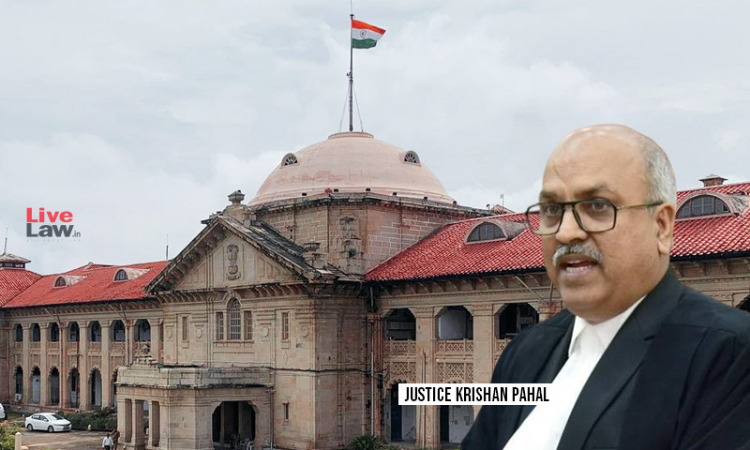34 Years Later, Allahabad High Court Upholds 3 Year Imprisonment Of Man For Mutilating Private Part Of A 4 Year Old Girl
Sparsh Upadhyay
26 Aug 2022 4:50 PM IST

"Sorry state of affairs that State did not prefer any appeal against the leniency observed by the Trial Court in sentencing appellant to such a short term" : Allahabad High Court
Next Story


